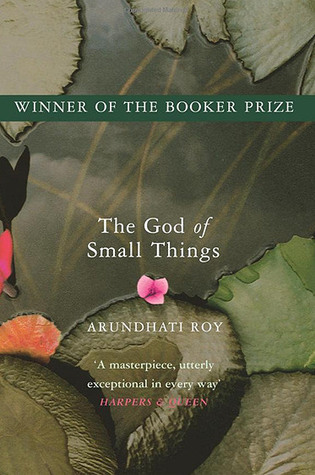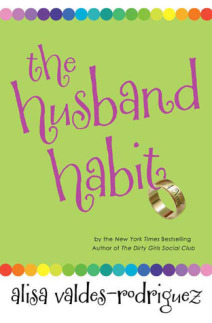
‘They all broke the rules. They all crossed into forbidden territory. They all tampered with the laws that lay down who should be loved and how. And how much’.
Arundhati Roy’s debut novel, published in 1997, is a beautiful rendering of the importance of the small things in life. How the small things can keep us going in times of trouble which are out of our control. Although criticised by some when it was first published as being extremely depressing, which there is no denying, The God of Small Things is also profoundly beautiful. Roy writes experimentally, playing with language in a way that isn’t contrived or facetious. She effortlessly evokes images of small country life in Ayemenem and subtly hints at the devastating events that are inevitably going to occur.
Rahel and Estha are twins. Told mainly from the perspective of Rahel, we witness their upbringing in the stifling rigidity of Indian culture. Seamlessly, Roy moves between Rahel in the present – where she has just returned to the family home after being away for years in America – and her family past. Inextricably linked to Rahel is Estha, her twin brother. Although they haven’t seen each other for years and Estha gave up the will to talk when he was just a kid, they have a powerful bond which cannot be severed no matter how much others, such as their great aunt Baby Kochamma, try. The God of Small Things is a testament to the strength of convictions – based either on religion or tradition – and how these convictions can ruin entire lives.
‘Perhaps it’s true that things can change in a day. That a few dozen hours can affect the outcome of whole lifetimes. And that when they do, those few dozen hours, like the salvaged remains of a burned house – the charred clock, the singed photograph, the scorched furniture – must be resurrected from the ruins and examined. Preserved. Accounted for.
Little events, ordinary things, smashed and reconstituted. Imbued with new meaning. Suddenly they become the bleached bones of a story’.
Right from the beginning Roy alludes to a tragedy that happens when the twins are very young. Around the age of eight their cousin, Sophie Mol, comes to visit from England. The only daughter of their well-educated and divorced uncle, Chacko, the opening chapters focus on the important fact that Sophie Mol is dead. How this happens and who is involved is unclear but it’s an event that rocks the lives of these two siblings who have been joined at the hip, even sharing telepathic abilities, since their births. Estha is sent off to live with his father. Their mother, Ammu, is kicked out of the family home. Rahel continues to live in Ayemenem, brought up by her grandmother, Mammachi, Baby Kochamma and cook, Kochu Maria.
The rest of the novel is an unravelling of events that are foreshadowed to be brutal and unrelenting. However, in all this sadness, Roy conjures up such beauty in her prose. It is incredibly hard to find fault in The God of Small Things. Even now, after a couple of months to digest, the images of Ayemenem in the summer heat and the rainy season, are so vivid in my mind. The characters are so clear and I can remember every single one of them. The devastating consequences of loving the ‘wrong’ people in a society where caste and tradition are so ingrained lives on, hauntingly, in my memory. The God of Small Things was undoubtedly one of my favourite reads of 2017 and one of my favourite reads in a really long time.
Advertisements Share this:‘And the Air was full of Thoughts and Things to Say. But at times like these, only the Small Things are ever said. The Big Things lurk unsaid inside’.





